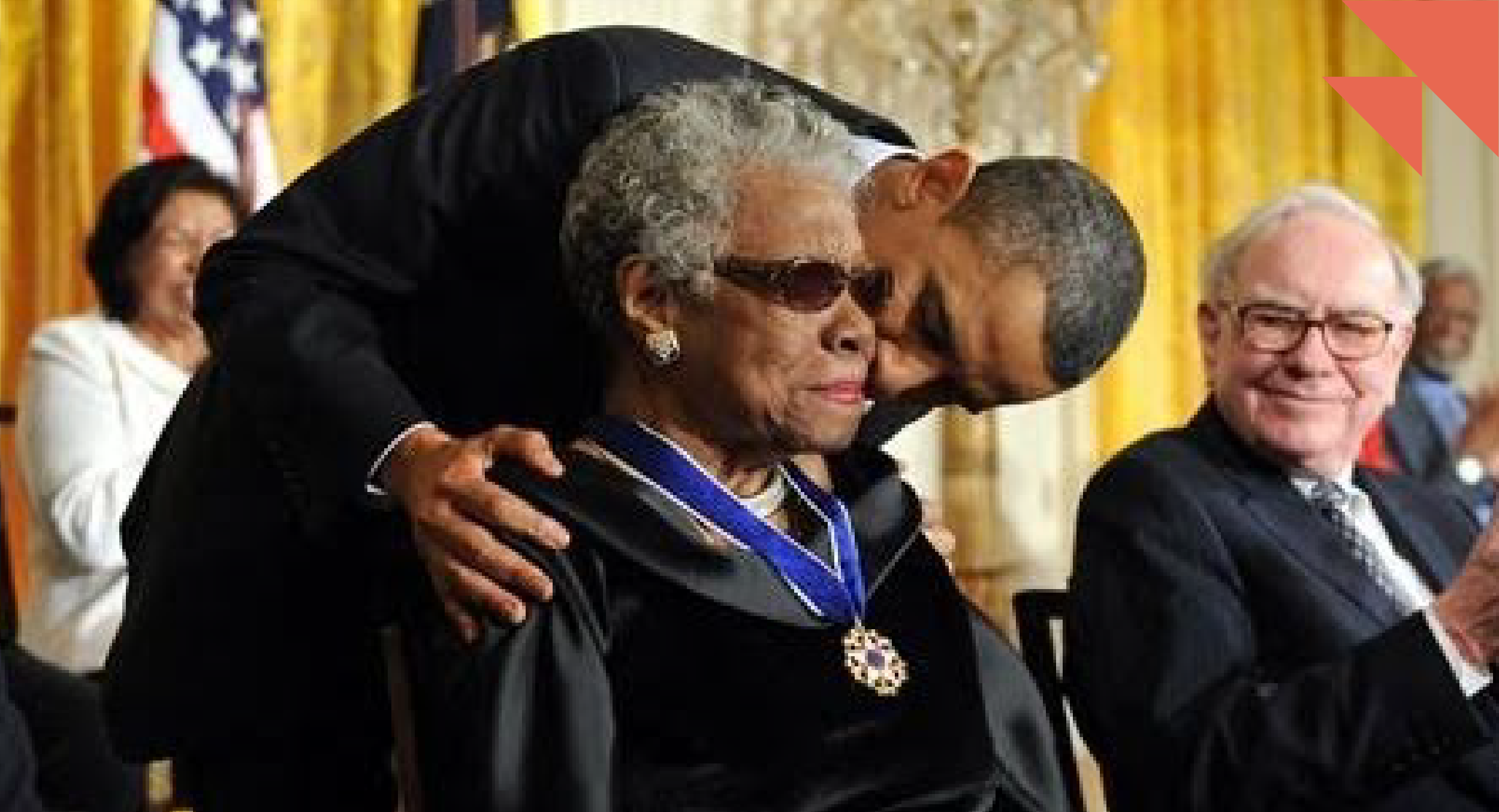Fostering Disability Inclusion in the Workplace
Author’s Note: In this article, we use a combination of identity-first and person-first language. Identity-first language acknowledges disability as...
.jpg)
 Relay Resources
:
Jun 10, 2024 9:00:00 AM
Relay Resources
:
Jun 10, 2024 9:00:00 AM
In disability rights conversations, we often encounter the term “ableism,” which refers to discrimination, bias, or prejudice against people with physical or mental disabilities. Ableism hinges on the idea that people with disabilities are less valuable than non-disabled people. Even though discrimination against people with disabilities is against the law when it pertains to hiring or firing, many people and companies still unknowingly use ableist, insensitive, or even offensive language. Such seemingly benign words as “lame,” “spaz,” or “blind spot” can be harmful or offensive to those with certain disabilities. Differences in ability are a normal part of the human experience, and it is important to respect people with disabilities.
Ableism manifests at an institutional level, an interpersonal level, and an internal level; therefore, the impact of ableism affects everyone. It can increase poverty and unemployment as well as reducing access to transport, education, and the internet along with furthering bullying, harassment, or even violence.
A fascinating yet frustrating aspect of language is that it is constantly evolving—whether we like it or not. Uses and phrases that once were accepted become culturally outdated and must be updated or discarded. Twenty years ago, the phrase “mentally retarded” was still in use; now it’s preferred to say a person has an “intellectual disability.” It can be challenging to keep up with a rapidly changing world and the use of certain language and terms, but all it takes is a little education to become more informed and inclusive, and to recognize the humanity inherent in all people. This is not just about being “politically correct” but about recognizing the dignity of all, fostering belonging, and striving to build a world that is inclusive of all.
 Photo by Joshua Hoehne on Unsplash
Photo by Joshua Hoehne on Unsplash
In the past, we referred to disabled people using person-first language, i.e., “person with a disability,” versus a term like “disabled person.” New research from the University of Washington has shown that more people now prefer to be referred to with their identity first. As Relay Resources CEO Dr. Jennifer Camota Luebke explains, “Many people in the disability community have been reclaiming and embracing identity-first language, which used to be considered derogatory.”
So should you say “an autistic person” or “a person with autism”? It depends. There is no universally accepted terminology. The best practice is to have a “growth mindset,” as Dr. Luebke says, when learning how to refer to people, and to always ask for people’s preference when it comes to identity-first vs. person-first language—just like one would with gender or pronouns.
It’s important to remember however, that disabilities do not define people. 27% percent of people have some type of physical or mental disability. Rather than seeing this as something they should “overcome” or something we should pity, we at Relay understand disability as something all of us live with and manage (and can acquire at any time, either temporarily or later in life). For many disabled people, their disability identity does not necessarily mean they are in a constant state of suffering; rather, it is a part of who they are.
Ableism can exist in two ways. It can be discriminatory and negative, using slurs or derogatory terms, or it can go overboard trying to be positive, all the while being condescending and even veering into exploitation. For this reason it is imperative not to use sugarcoated language to talk about people with disabilities, referring to them as either “victims” or “sufferers” from a condition they must “live with,” “conquer,” “defeat,” or “overcome.” Using these terms might seem like the “nice” thing to do for people without disabilities, but it can be rather condescending to imply a person with a disability lives in a constant state of misery. To avoid ableist language, it’s best to use inclusive language that is simple and straightforward rather than seemingly “nice” terms like “impairment,” “special needs,” “handi-capable,” “able-bodied,” etc.
Words like “handicapped” are a good example of how such language regarding disabilities has changed. We used the word initially to describe something that “hindered” or “impaired” someone. Then, realizing people didn’t want to be defined solely by their hindrances or disabilities, we tried to put a light and charming spin on it. Disabled people became “handi-capable,” but this term still defines a person by their disability as a negative thing.

On the other hand, negative terminology can still be harmful. In a post about a new “Dummies” book series called “Neurodivergence for Dummies,” Relay Resources Dr. Luebke notes the harmful irony in using the word “dummy” for a book about neurodivergence:
“Just because the ‘dummies’ series is branded and known, doesn’t justify using it in the title of this book. I understand that we need to increase awareness and understanding about neurodiversity, but to do it at the expense of insulting people who are intellectually disabled seems wrong. There must be another way to distribute this content to a wide audience without using an ableist-branded book series.”

A recent book by the CEO of Gallup, Jon Clifton, titled “Blind Spot: The Global Rise of Unhappiness and How Leaders Missed It,” is another example of a book title using ableist language. While Relay Resources supports Gallup and is both a customer of and believer in CliftonStrengths, we feel the need to point out how the term “blind spot” still employs ableist, rather than inclusive, language.
Why is it so important to rid potentially offensive words from our vocabulary and use person-first, disability-second language? Labeling someone with offensive words is the first step in dehumanization, which is how humans justify treating other humans with inhumane actions. Yet by putting people first, we put their humanity front and center. By using identity-first language, we normalize disabilities as something that is part of the human experience, rather than viewing them as “special” or debilitating.
Here is a guide to replacing harmful language with more acceptable terms.
.png?width=656&height=1169&name=dise%C3%B1o_para_blog_3_july_Mesa_de_trabajo_1%20(1).png)
Relay Resources offers employment and business solutions for and with people with disabilities; our mission is to cultivate meaningful work for people with disabilities. Learn more about what Relay Resources does here, along with how you can support inclusive workplaces or find employment.
.jpg)
Author’s Note: In this article, we use a combination of identity-first and person-first language. Identity-first language acknowledges disability as...

International Women’s Day (IWD),established in 1911,and Women’s History Month have been catalysts for advancing women’s equality across a variety...

The ability to vote is one of the most powerful and fundamental rights in a democracy, embodying the very essence of civic participation and...